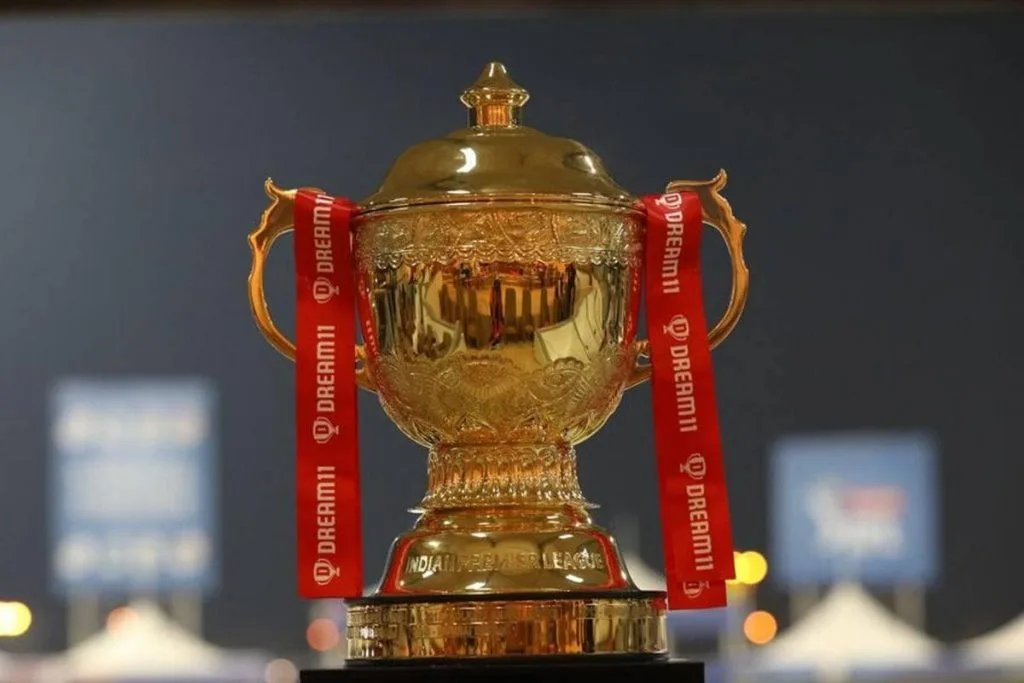The IPL 2013 Spot-fixing Scandal shook the cricketing world, revealing a dark side to the popular and lucrative Indian Premier League (IPL). The scandal involved match-fixing, betting, and under-the-table deals that put the integrity of the sport into question. This comprehensive article will delve into the origins of the scandal, the key figures involved, the impact on the IPL and Indian cricket, the legal ramifications and punishments, and the steps taken to prevent future scandals.
The Origins of the Scandal
The IPL 2013 Spot-fixing Scandal erupted in May 2013, when the Delhi Police arrested three players from the Rajasthan Royals team, accusing them of spot-fixing in IPL matches. The players, S. Sreesanth, Ankeet Chavan, and Ajit Chandila, were allegedly involved in fixing specific aspects of matches in exchange for money from bookies. The scandal snowballed as more individuals, including team owners, were implicated in betting and match-fixing activities.
Key Figures Involved
S. Sreesanth
A prominent Indian fast bowler, Sreesanth was one of the first players implicated in the IPL 2013 Spot-fixing Scandal. He allegedly agreed to concede a specific number of runs in an over, in exchange for money from bookies. Sreesanth was subsequently banned for life by the BCCI, though the ban was later reduced to seven years.
Ankeet Chavan
Chavan, a left-arm spinner, faced similar allegations as Sreesanth. He was accused of conceding a pre-determined number of runs in an IPL match for financial gain. Chavan received a life ban from cricket, which the BCCI later revised to a seven-year ban.
Ajit Chandila
Off-spinner Chandila was the third Rajasthan Royals player arrested in the scandal. He allegedly acted as a conduit between players and bookies. Chandila received a life ban from cricket, upheld by the BCCI.
Gurunath Meiyappan
Meiyappan, the son-in-law of former BCCI President N. Srinivasan and a team principal of Chennai Super Kings, was implicated in illegal betting activities. He was banned for life from all cricket-related activities by the Supreme Court of India.
Raj Kundra
Kundra, a British businessman and co-owner of Rajasthan Royals, faced allegations of illegal betting on IPL matches. The Supreme Court banned Kundra for life from all cricket-related activities.
The Impact on the IPL and Indian Cricket
The IPL 2013 Spot-fixing Scandal tarnished the reputation of the league and Indian cricket as a whole. Trust in the sport’s integrity was damaged, and fans were left disillusioned. The scandal led to the suspension of two high-profile IPL teams, Chennai Super Kings and Rajasthan Royals, for two years. The BCCI underwent significant restructuring, including the appointment of the Lodha Committee to oversee reforms in Indian cricket administration.
Legal Ramifications and Punishments
The IPL 2013 Spot-fixing Scandal led to criminal charges against several key figures. The Delhi Police charged the arrested players under the Maharashtra Control of Organized Crime Act (MCOCA), alleging that they were part of a larger organized crime syndicate. However, in 2015, a Delhi court acquitted all the accused players, citing a lack of evidence.
Despite the acquittals, the BCCI imposed bans on the implicated players and team owners. Sreesanth, Chavan, and Chandila initially received life bans, though Sreesanth’s and Chavan’s bans were later reduced to seven years. Meiyappan and Kundra were banned for life from all cricket-related activities.
Steps Taken to Prevent Future Scandals
In the wake of the IPL 2013 Spot-fixing Scandal, several measures were implemented to safeguard the integrity of the sport and restore public trust. These include:
- Anti-corruption measures: The BCCI strengthened its Anti-Corruption Unit (ACU) and increased cooperation with law enforcement agencies to prevent corruption in the sport.
- Player education: The BCCI introduced mandatory education programs for players to learn about the risks of corruption and the importance of maintaining the integrity of the game.
- Increased transparency: The Lodha Committee recommendations led to increased transparency in the functioning of the BCCI and state cricket associations, reducing the risk of corruption.
Conclusion
The IPL 2013 Spot-fixing Scandal was a watershed moment for Indian cricket, exposing the dark underbelly of the sport and raising serious questions about its integrity. The scandal led to significant changes in the administration and governance of cricket in India, with various measures implemented to prevent future occurrences. While the sport has largely recovered from the scandal, it remains a stark reminder of the need for constant vigilance to maintain the integrity and spirit of cricket.

